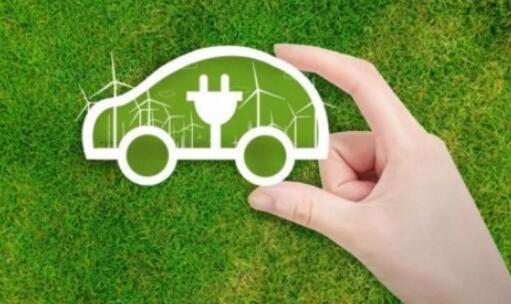 |
Welcome To Evlithium Best Store For Lithium Iron Phosphate (LiFePO4) Battery |
 |

As of August 17, the EU's "New Battery Law" has officially taken effect, following a 20-day period of public awareness. This law will not only have a substantial impact on the European market, but it will also erect new environmental barriers for the battery industry's exports to the EU. This is particularly pertinent for cities that play a vital role in the electrification wave.
Under the provisions of the New Battery Law, power batteries and industrial batteries destined for sale in Europe are now required to come with a carbon footprint declaration, accompanied by the relevant label and a digital battery passport.
The New Battery Law introduces novel concepts like battery labels and battery passports. It outlines that by 2026, a majority of power batteries entering the European market must be accompanied by battery passports. These documents will contain a range of information, including details about the battery manufacturer, carbon footprint, supply chain due diligence, battery composition, compliance certification, cycle performance, resource efficiency, durability, and more.
Moreover, the law also stipulates specific requirements for recycling rates of crucial raw materials used in batteries. For instance, eight years after the law's enactment, a minimum of 16% for cobalt, 85% for lead, 6% for lithium, and 6% for nickel, from the production and manufacturing of new batteries sold in Europe, must be allocated for material recovery. Furthermore, thirteen years following the regulations' effective date, the recycling ratios for cobalt, lead, lithium, and nickel need to achieve 26%, 85%, 12%, and 15%, respectively.
From the perspective of China's domestic lithium battery industry, data indicate that Chinese power batteries held a 34% market share in Europe as of 2022. Additionally, China's battery industry and Europe's automotive industry have become intertwined. Various car manufacturers like BYD, Leap, Xpeng, Geely, as well as established companies like Mercedes-Benz and BMW, have ventured into the European market through complete vehicles or deep strategic collaborations with Chinese vehicle and battery manufacturers.
The EU's New Battery Law's enforcement will undoubtedly impact not just the carbon footprint management of Chinese power batteries and new energy vehicle producers but also expedite the establishment of domestic battery recycling systems.
The introduction of aspects such as the battery passport and recycling material ratios by the EU's New Battery Law ushers in a carbon-neutral transformation revolution across the battery industry's entire value chain. This stands as a green upgrade to battery manufacturing, set against the backdrop of global climate and energy challenges.
Throughout the year, domestic power battery companies have been vocally committed to the industry's carbon-neutral transformation. Prominent figures like Zeng Yuqun, Chairman of CATL, have pledged to establish a product carbon emission management system, participate in the formulation of global carbon neutrality regulations, and improve the oversight of battery product life cycles. Similarly, Zhang Lei, CEO of Envision Power, advocates for the establishment of zero-carbon industrial parks as a cornerstone to building a new green industrial system reliant on renewable energy, and to accelerate China's power battery industry's journey towards carbon neutrality.
Furthermore, multiple battery industry giants, including CALB, Funeng Technology, Sunwoda, EVE Energy, and SVOLT, have begun to explore the realm of zero-carbon equipment and green energy integration.